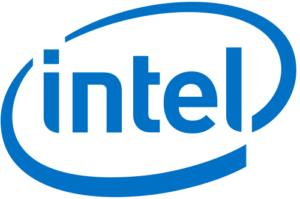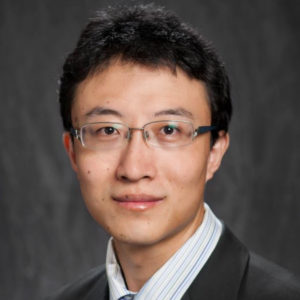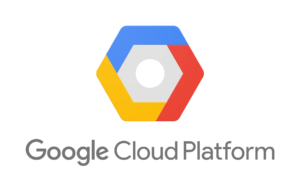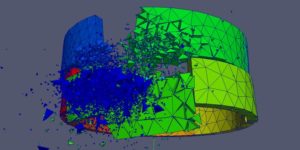 FPGAs in the Era of AI and Big Data
FPGAs in the Era of AI and Big Data
by Lawrence Landis <lawrence.landis@intel.com>
102.B Student Computing Center, Texas A&M University
8:45AM – 5:00PM September 27th, 2019
Description:
Intel Programmable Logic Devices (FPGA) are used in a wide range of applications from industrial electronics, networking and AI acceleration. FPGAs are a staple of Electronic Engineering Curriculums due to their flexibility in describing electronic circuitry without requiring any semiconductor manufacturing tooling costs. Intel’s Programmable Solutions Group FPGA University Program engages with worldwide universities to promote FPGA education and research.
Learning Objectives:
- At the conclusion of this workshop, you’ll have an understanding of how FPGAs function and common programming models used to implement a variety of FPGA based applications.
- Register Transfer Language use model using the Verilog Hardware Description Language
- Network on Chip and IP integration using the Platform Designer Integration tool
- High Level Language Description through the use of C++ derivative languages like HLS and OpenCL
- Overlay use models (OpenVino)
- The student will gain the necessary skills to understand which applications should utilize which programming model to most efficiently balance development time, performance and cost.
Workshop Syllabus:
8:45 Registration
9:00: Lecture: FPGA applications and architecture, Quartus overview
10:00: Lab 1: Introduction to the Quartus Development Tool Suite using Verilog programming
11:15: Lecture: Embedded NIOS and Platform Designer
12:00: Lunch
1:00: Lab2: Embedded NIOS and Platform Designer
2:00: Lecture: High Level Design Usage Model for FPGAs – OpenCL and HLS
2:45: Lab3: High Level Design
3:30: Lecture: OpenVino overlay usage model
4:15: Lab4: OpenVino Vision and Neural Network Heterogeneous Computing
5:00 Conclude Workshop
Workshop Instructions:
The Quartus Lite free tool suite will be required for Labs 1 and 2. Please visit this site: http://fpgasoftware.intel.com/18.1/?edition=lite and install Quartus Prime and MAX 10 libraries.

 With the support from the
With the support from the 

 Texas A&M Institute of Data Science invites you to attend a webinar on Google Cloud Platform (GCP) on March 20th, 2019 from 10:30AM to 11:30AM. This webinar is to help you understand the overall landscape of GCP. You’ll take a brief look at some of the commonly used features that GCP has to offer. Texas A&M attendees will be given $100 of GCP credits for free. The webinar link will be sent via email before the event.
Texas A&M Institute of Data Science invites you to attend a webinar on Google Cloud Platform (GCP) on March 20th, 2019 from 10:30AM to 11:30AM. This webinar is to help you understand the overall landscape of GCP. You’ll take a brief look at some of the commonly used features that GCP has to offer. Texas A&M attendees will be given $100 of GCP credits for free. The webinar link will be sent via email before the event. The Texas A&M Institute of Data Science (TAMIDS), Texas A&M High Performance Research Computing (HPRC), and Texas Engineering Experiment Station invite you to join our Bring-Your-Own-Data (BYOD) workshop! The primary goal of this workshop is to help Aggie researchers take advantage of the latest data analytics technologies and Texas A&M high performance computing facilities to speed up various data science projects. This is a FREE service offered to all researchers at Texas A&M.
The Texas A&M Institute of Data Science (TAMIDS), Texas A&M High Performance Research Computing (HPRC), and Texas Engineering Experiment Station invite you to join our Bring-Your-Own-Data (BYOD) workshop! The primary goal of this workshop is to help Aggie researchers take advantage of the latest data analytics technologies and Texas A&M high performance computing facilities to speed up various data science projects. This is a FREE service offered to all researchers at Texas A&M.